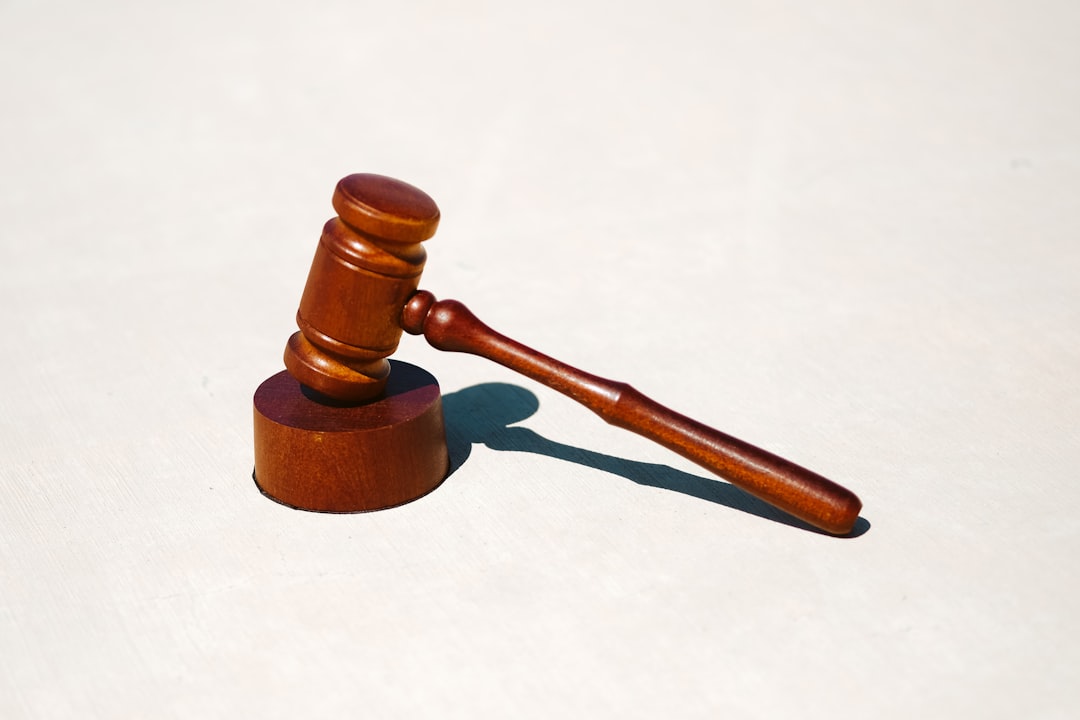What is it about?
This article is concerned with the availability of “proprietary restitution” in cases of mistaken payments. It is argued that the mistake of the claimant is an insufficient justification for proprietary restitution, but a close analysis of the case law demonstrates that the presence of additional factors can justify the availability of proprietary restitution in specific circumstances. The basis of proprietary restitution is to be found in the breach of a duty which arises separately from the claim for unjust enrichment. The significant contribution of this article is the analysis that knowledge merely creates a duty to maintain the fund until restitution is made, and that knowledge cannot establish the breach of this duty. Importantly, breach of this duty is established by a second condition which is demonstrated by the wilful misconduct of the recipient. It is this conduct which justifies the imposition of the constructive trust. By adopting this analysis, the proprietary claim in the context of mistaken transfers can be classified as forming part of the law of wrongs, rather than the law of unjust enrichment.
Featured Image
Why is it important?
This article is important in clarifying the relationship between trusts and unjust enrichment. Trusts are not generally available for unjust enrichment, which provides a weaker justification than established property claims. This is why mistaken payments normally only justify a personal claim. By recognising that a knowing recipient of a mistaken payment is subject to a duty, this explains why many mistaken payments do not give rise to property claims. It is only where the recipient acts in a way that would prevent any recovery that equity fixes the traceable proceeds with a property claim. In cases of fraud, a stronger reason for intervention arises and a property claim should arise. But it also means that the subsequent conduct of an initially innocent recipient can also justify a proprietary claim where they have sought to prevent recovery.
Read the Original
This page is a summary of: THE AVAILABILITY OF PROPRIETARY RESTITUTION IN CASES OF MISTAKEN PAYMENTS, The Cambridge Law Journal, August 2015, Cambridge University Press,
DOI: 10.1017/s0008197315000616.
You can read the full text:
Contributors
The following have contributed to this page










